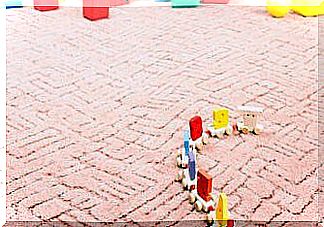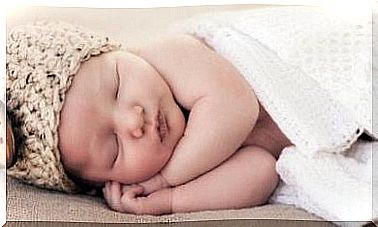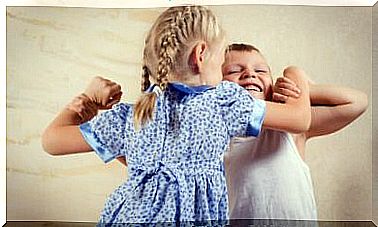Overvaluing Children Can Make Them Narcissistic
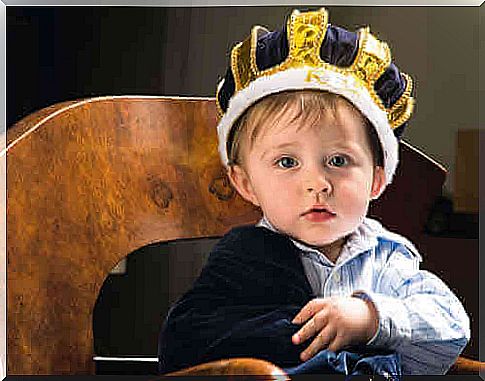
There are researches that affirm that the beginning of narcissism is social and is due, above all, to paternal overvaluation and not to lack of affection. Self-esteem, in turn, is defined by parental affection and not by overvaluing their children.
A recent study, published in the Proceedings of the National Academy of Sciences of the United States of America, in the United States, explains that narcissistic behaviors are more frequent in children who internalize the inflated valuation about them.
This appreciation is built thanks to their parents, who tend to overvalue their little ones. A child or a narcissistic person is someone who admires themselves in excess and in an exaggerated way because of their physical appearance or for their gifts or qualities.
Often, when parents know this information, they ask themselves how to praise without running the risk of overvaluing their children and making them narcissistic over time.
Unfortunately, this is an increasingly common behavior in the western world and it can even lead the child to develop violent and aggressive behavior.
Express your affection without overestimating
The ideal, as parents, is to express affection and affection for your children by always emphasizing that they are not superior to anyone else or that they have certain privileges over others because they are smarter or better looking.
Although every parent in the world thinks their children are special – and indeed they are – it is important to make them aware of their qualities in a balanced way in order to help them build a healthy personality.

When we overvalue our children, according to psychology experts, we are not helping at all, as this creates in children a false self-image that depends on external recognition.
Furthermore, when we make these kinds of comments in a subtle and unintentional way, we are suggesting that they must fit into a certain image, the internalized image that we have of them.
Overvaluation and self-esteem
And according to Olga Carmona, a specialist in brief psychotherapy and psychopathology of childhood and adolescence, in an article in the newspaper “El País”, from Spain, if a child’s parents constantly say how intelligent he is, the only thing that the child will internalize is that intelligence should be highly valued.
In addition, you will think that your affection for her will depend on her being what is so important to parents.
Therefore, what most parents should avoid is overvaluing their children, since acting in this way contributes to the formation of a fragile self-esteem.
It is based on other people’s opinions of children and not on the child’s recognition of their true abilities.
When this happens, the child becomes an adult dependent – perhaps throughout his life – on external recognition to feel good about himself.
Avoid making your kids narcissistic
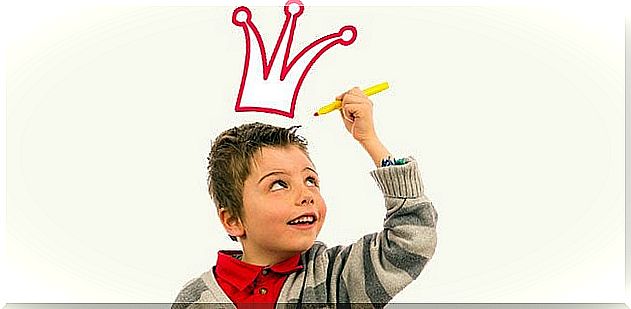
A narcissistic person is often deeply insecure. This person says he prides himself on a supposed self-esteem, but feels obliged to boast all the time to make up for his inner insecurity.
This kind of behavior or personality type can be avoided if you change the way you praise your children.
In fact, the authors of the study of narcissistic children offer a series of advice for parents, which serve to prevent them from fostering the personality construction that is so harmful to individuals and to society in general.
Some advices
- Avoid telling your child that he is more special than other people.
- Remember that children always believe what their parents say.
- Express your affection for your children in every way possible. This is always positive and reinforces self-esteem.
- However, be careful when comparing and overvaluing them.
Experts also explain that the overvaluation of children is not the only cause of narcissism, which is also due to genetic and other environmental factors.
They claim that some children may be more likely than others to be narcissistic when their parents overvalue them.
Finally, they reinforce the differences in thinking between children with self-esteem and narcissists.
The former think they are as good as the others, while the narcissists believe they are better than the others. This is often because their parents make them believe it.

